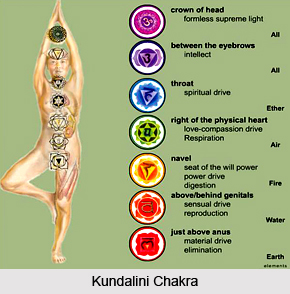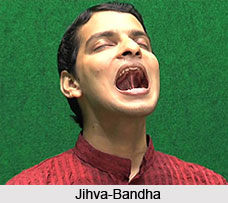 This fifteenth sutra speaks about a sadhaka who is clever enough to draw the line between wise and unwise allurings in life. If one is successful in recognising the malevolent feelings of pleasure and pain and is able to take the decision to remain impassive to both, he can be free from the laws of karma. As these earthly sensuousness bring nothing but anguish, he or she who can transcend these feelings, reigns supreme.
This fifteenth sutra speaks about a sadhaka who is clever enough to draw the line between wise and unwise allurings in life. If one is successful in recognising the malevolent feelings of pleasure and pain and is able to take the decision to remain impassive to both, he can be free from the laws of karma. As these earthly sensuousness bring nothing but anguish, he or she who can transcend these feelings, reigns supreme.
parinama change, alteration, transformation, consequence, result
tapa heat, torment, pain, sorrow, afflictions, distress
samskara impressions, refinement, conception, faculty of
recollection, instinct
duhkhaih unhappiness, pain, sorrow, grief, misery
guna qualities, characteristics
vrtti fluctuations
virodhat on account of opposition, obstruction, estraint, ontrast
ca and
duhkham pain, sorrow
eva indeed
sarvath all, whole
vivekinah the enlightened, man of discrimination
The wise man knows that owing to fluctuations, the qualities of nature, and subliminal impressions, even pleasant experiences are tinged with sorrow, and he keeps aloof from them.
This sutra explains that the wise man knowing that all pleasure leads to pain, remains apart from the laws and the machinery of karma. Owing to past impressions, obstructions and agony, the quality of any action is debased by its contact with the gunas of nature, so he treats even pleasant experiences as essentially painful, and holds himself detached from them.
There are three types of characteristics of the intelligence - luminosity (sattva), vibrancy (rajas) and inertia (tamos).
The eyelids, being very susceptible, resist extraneous light or matter instantaneously, and protect the eyes by shutting. Likewise, if one is intellectually sensitive, he will be able to discriminate quickly between the pleasant and unpleasant, the mixed and unmixed, and reject unsuitable thought and action.
This sutra states that pure inner peace can be reached by winning the right knowledge that will weed out the roots of pain and pleasure.



